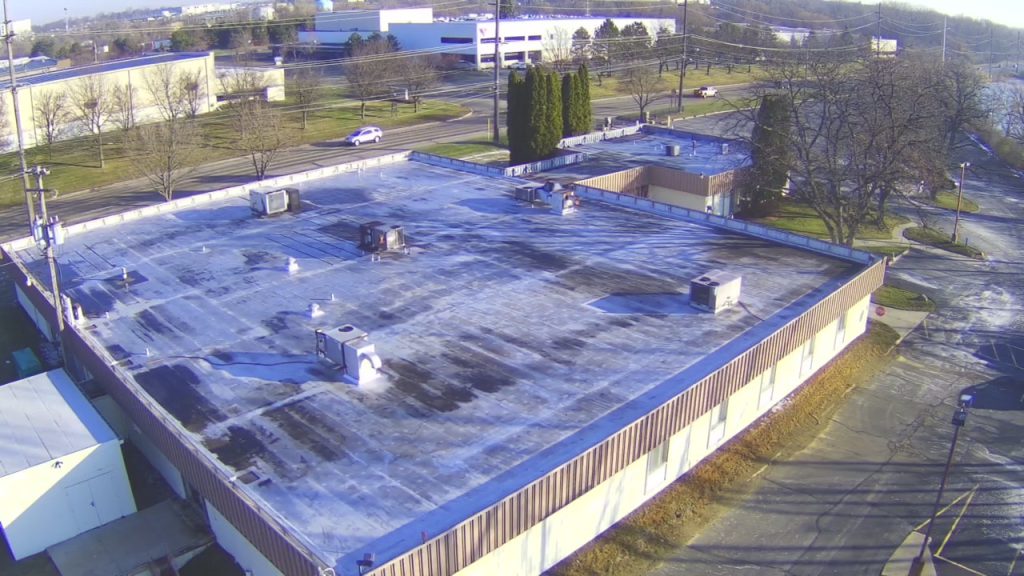
Discover the Best Roofing Materials for Your Commercial Property
Choosing the right roofing material for your commercial property can feel overwhelming, especially with so many options available today. However, it is one of the most significant investments you’ll make for your building, and selecting the wrong component can lead to costly repairs and inefficiencies down the line. With so many factors to consider—from durability and cost to energy efficiency—it’s essential to understand the best roofing materials for commercial properties and how they align with your needs. In this article, we’ll explore various options and help you with the selection process, providing valuable insights to assist in making the best choice for your building.
Key Factors in Material Choice
When selecting a roofing material for your commercial property, there are several critical factors to keep in mind:
- Durability: Commercial roofs face various environmental challenges, including weather extremes, UV exposure, and potential physical damage. Choose something known for its longevity and ability to withstand harsh conditions.
- Cost: The initial cost of roofing materials can vary widely, but it’s essential to look beyond the upfront price. Consider long-term costs, including maintenance, repairs, and energy savings, to evaluate overall value.
- Energy Efficiency: An energy-efficient roof can significantly reduce heating and cooling costs for your property. Look for options that offer good insulation and reflectivity to minimize energy consumption.
- Aesthetic Appeal: Depending on your business type, the visual aspect of your roof can impact your property’s overall appeal. Choose materials that complement the architectural style of your building and convey the right image for your business.
Popular Commercial Property Roofing Options
During the selecion process, it’s essential to consider various options that balance durability, cost, and energy efficiency. Here are some popular choices:
- TPO (Thermoplastic Olefin)
This is a single-ply membrane known for its energy efficiency and ease of installation. It offers moderate durability and is typically cost-effective.
Benefits:- Cost-effective installation
- Energy-efficient (reflective properties)
- Resistant to UV rays and chemical exposure
- Reflective TPO
Similar to standard TPO, it has enhanced energy-saving properties due to its reflective surface, keeping building temperatures lower and reducing cooling costs.
Benefits:- Enhanced energy savings
- Lightweight and easy to install
- Good resistance to weather and chemicals
- EPDM (Ethylene Propylene Diene Monomer)
EPDM is a widely used rubber roofing material known for its longevity and excellent weather resistance, making it suitable for various climates.
Benefits:- Long lifespan
- Excellent weather resistance
- Versatile application for various roof types
- Metal Roofing
Metal roofs are incredibly durable, with lifespans of 40-70 years. They are resistant to extreme weather conditions and can be coated for additional energy efficiency.
Benefits:- Long-lasting and low maintenance
- Highly durable and fire-resistant
- Energy-efficient (reflective options available)
- BUR (Built-Up Roofing)
BUR consists of multiple layers of bitumen and is known for its reliability and low maintenance. It’s a common choice for flat roofs.
Benefits:- Proven track record of durability
- Excellent moisture protection
- Good insulation properties
- Modified Bitumen
This material offers enhanced flexibility and durability compared to traditional BUR, making it suitable for a variety of commercial applications.
Benefits:- Easy installation and maintenance
- Good waterproofing capabilities
- Cost-effective
- PVC (Polyvinyl Chloride)
PVC roofing membranes are known for their strength and energy efficiency. They are resistant to fire, chemicals, and punctures, making them ideal for various commercial applications.
Benefits:- Highly durable and weather-resistant
- Energy-efficient with reflective options
- Resistant to chemicals and punctures
Roofing Material Comparison
When comparing roofing material options, it’s vital to weigh durability against cost factors. Here’s a brief comparison of these commonly used materials:

This process requires careful consideration of all these factors, as some materials may have a higher initial cost, but their longevity and energy efficiency can lead to lower overall expenses in the long run.
Benefits of Choosing Quality Roofing Materials
Selecting high-quality roofing materials for your commercial property has numerous advantages, including:
- Long-Term Cost Savings: Investing in durable materials can reduce repair and replacement costs over time.
- Enhanced Property Value: Quality roofing enhances the aesthetic appeal and overall value of your commercial property.
- Improved Energy Efficiency: High-quality materials often feature better insulation and reflectivity, leading to lower energy bills.
- Increased Safety: Durable materials provide better protection against extreme weather, reducing the risk of roof failure and associated damages.
- Less Maintenance: Quality roofs typically require less frequent repairs and maintenance, allowing you to focus on your business.
By prioritizing quality, you ensure that your investment yields long-term benefits for your property.
Make an Informed Choice for Your Commercial Roof
Choosing the right roofing material for your commercial property is a critical decision that can impact your business’s operational efficiency and overall costs. By considering factors such as durability, cost, energy efficiency, and aesthetic appeal, you can make a well-informed choice that meets your specific needs.
At Silicoat Roofing, we specialize in helping businesses select the best roofing materials for commercial applications. Our team is equipped to guide you through the selection process, ensuring that your roof provides the protection and efficiency your property deserves. Contact us today to learn more about your options and get a free consultation!


 Previous Post
Previous Post Next Post
Next Post